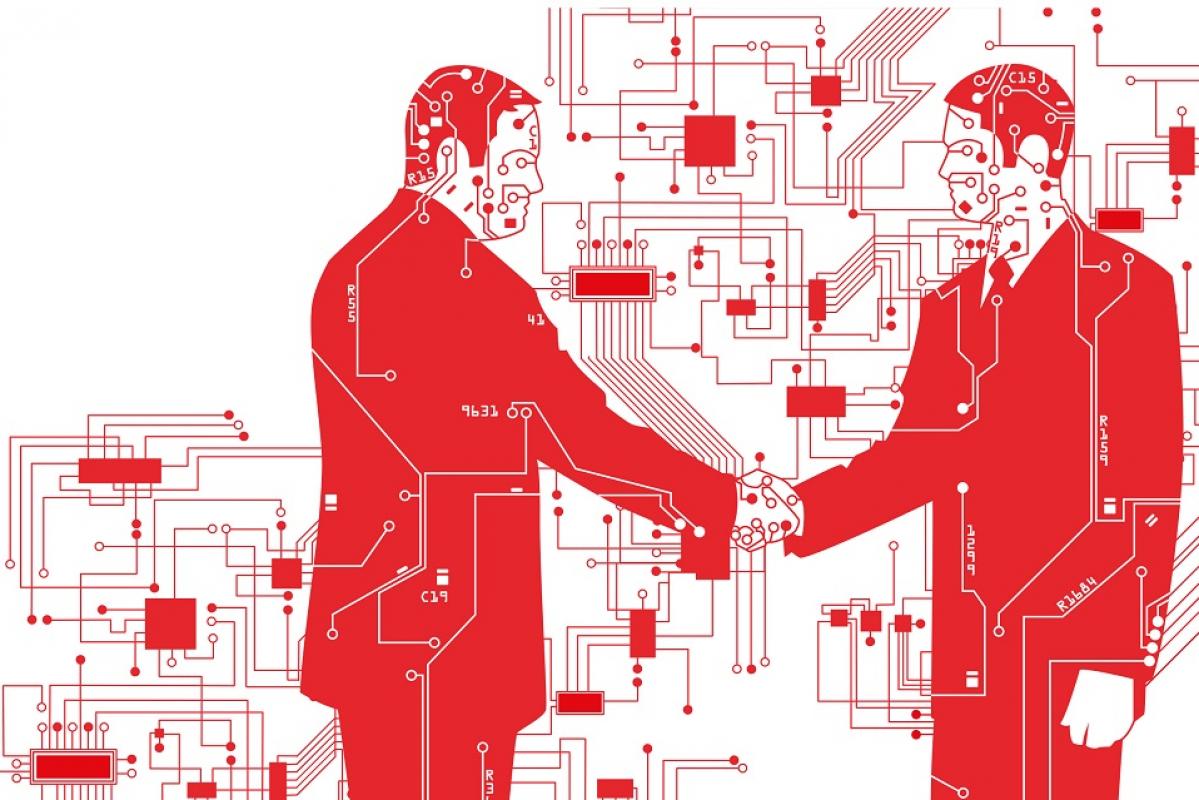Moving from the C-Suite to the “D-Suite”

In 2014, self-fashioned digital energy conglomerate General Electric (GE) became one of the first global organisations to appoint a “Chief Digital Officer”.
This was a groundbreaking move, considering that it happened back when disruption was largely still a buzzword, and tools like big data, artificial intelligence, and cloud computing were being discussed only in the future tense.
Although technology has always sat high on business agendas, digital transformation was still in its infancy at that time. Today, with technologies like machine learning and virtual chatbots now making their moves across organisations globally, the digital strategy can no longer wait.
It has taken a few years for the digital agenda to take hold, but in in these last two alone, a long list of global brands have joined GE to appoint their first CDOs. They include the likes of PricewaterhouseCoopers (PwC) Australia, Mars, Lowe, and Wells Fargo.
Certainly, in today’s digital economy, the Chief Digital Officer has become an integral part of the overall business strategy. In fact, the International Data Corporation predicted in 2015 that by 2020, 60% of Chief Information Officers in multinationals will be supplanted by the Chief Digital Officer role.
The Chief Digital Officer is now next in line for the position of the CEO, and there are several examples to back this up. Al-Ishsal Ishak, the former Chief Digital Officer of McCann Worldwide Group in Malaysia, was appointed the CEO of Pos Malaysia Berhad in February this year. Vivian Zhu, former Chief Digital and Innovation Officer at Publicis Media China, was promoted to the role of CEO at Publicis’ subsidiary Blue 449 China.
Co-drivers of the digital agenda
This trend bodes well for digital and IT teams everywhere, but what has it got to do with talent management professionals?
It is no secret that HR has fought hard to secure a seat in the boardroom, and in recent years, an exclusive but steadily growing group of Chief HR Officers have themselves been made CEOs.
But if HR wants to maintain its position, practitioners and industry observers alike say it will have to increase its currency as a tech-capable function, particularly in today’s highly digitalised world.
At a recent round table of HR leaders, one of the most pressing concerns of participants was the lack of technical know-how across the profession.
Many organisations have also yet to define the Chief Digital Officer position, choosing to spread the responsibilities across departments and executives. This means HR is also expected to participate in the digital agenda.
It is unsurprising then that many talent management professionals are worried about how they would fit into this evolution.
Digital transformation leads also typically oversee the people and culture aspects of the business evolution, which encroaches into HR’s jurisdiction. What does that mean for HR?
The answer was hinted at during that same ideation meeting. Several practitioners emphasised the urgent need for HR to work closely with the IT department and other trained technologists so as to elevate their own digital savvy, and truly become a part of the digital fabric.
One HR leader said that “HR needs to go from being a follower, to leading with other functions on technology.”



